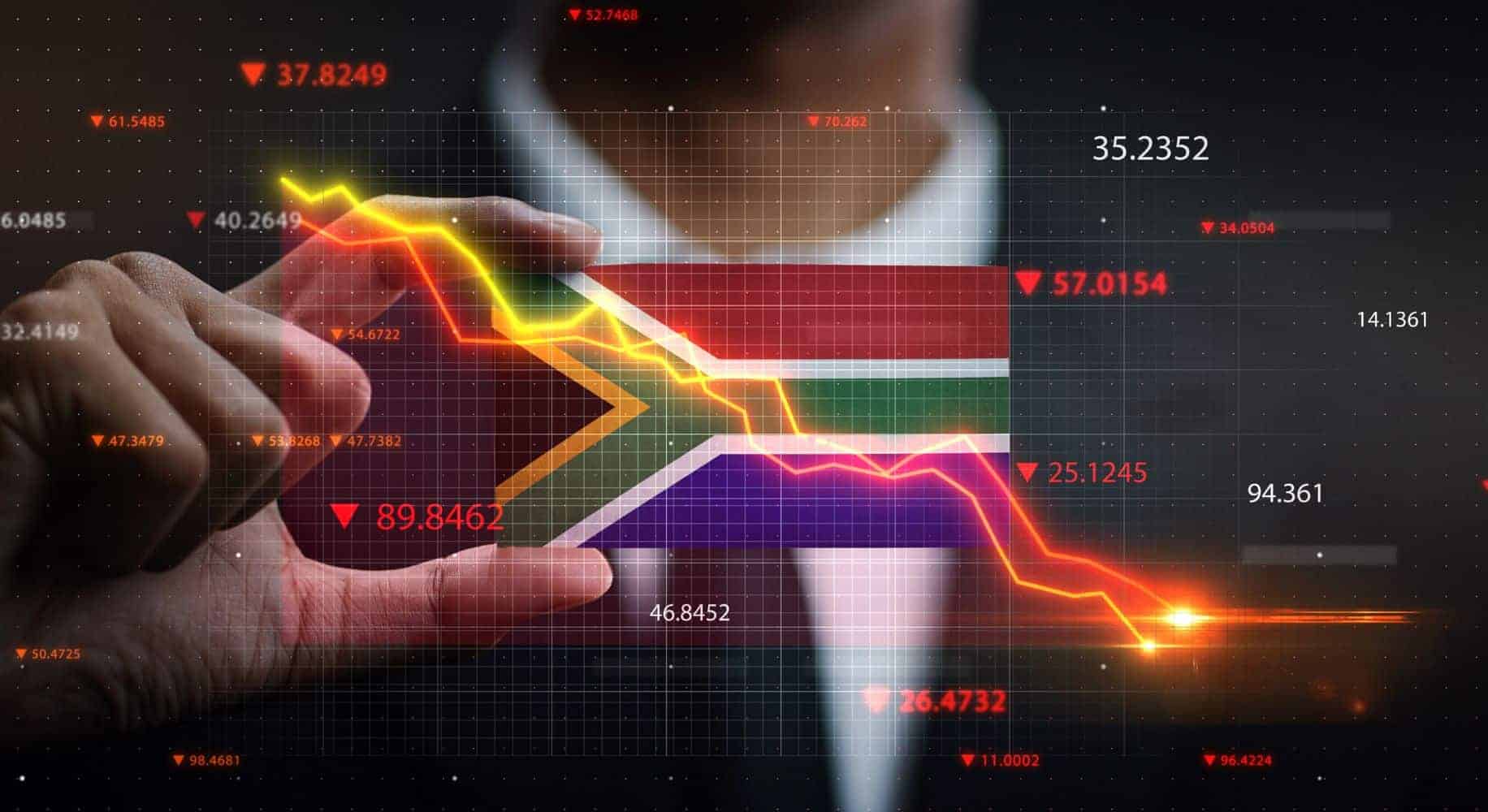South Africa’s economic growth faces challenges from opposing coalition policies, lack of poverty strategies, and rising inequality.
Growing South Africa’s economy is bound to be daunting as long as the major political players in the government of national unity pursue diametrically opposite economic policies.
This is the view of director of the Pan African Institute for Evidence and professor of practice at University of Johannesburg, Dr Pali Lehohla.
He added that SA lacked a poverty-reduction strategy to deal with endemic inequality. Lehohla, the former statistician-general of SA, said building the economy under the current political environment might be harder than anticipated.
Policy contradictions could hinder economic growth
He said the policy contradictions between the ANC and the DA and the coalition as a whole could retard progress towards achieving real economic growth.
“Their economic policies are diametrically opposed. “They have economic policies for the DA and they have economic policies for the ANC, also.
“The question is how do you harmonise those policies. It’s impossible,” Lehohla said.
The former statistician-general said hope was good, but often the government was knocking at the wrong doors. “
Between 2002 and 2008, growth was averaging between 5% and 6% and gross fixed capital formation was a quarter of the GDP and credit extension was at 15% growth annually.
“We started to see unemployment go down from 30% to about 24%. That was the only time that hope turned into reality,” Lehohla said.
ALSO READ: R37.2bn set aside to steer Gauteng economy towards growth
SA sees unemployment rise over the years
During the tenure of former president Thabo Mbeki, 1.6 million of young people, aged 15-24 years old, were employed but now 16 years later, the figure for the 16-24 group is only a million or less.
“Growth is less than 1% today and where people are looking for growth, those are not the places to look for growth,” Lehohla said.
He said during the period 1994/1996 to 2001 there was a definite shift toward very clear propoor policies. “What was understood was the macrosocial conditions, the macrosocial policies of the state, that was what we had to tackle.
“I thought [Mbeki] would be left alone because his time was up, he had only six months left.
“But the point is that the succession was when everything went off,” Lehohla said.
ALSO READ: SA loses R5bn after Mozambique border post closure
In the past 40 years, the levels of inequality in the world were at their highest and continue to rise in all countries. However, in Brazil and Mexico, inequality had not increased due to their poverty-mitigation strategies, which South Africa did not have.
“Presently I don’t see a poverty reduction strategy here. When you don’t have those kinds of strategies, it becomes very difficult to deal with unemployment,” Lehohla said.
Poverty-reduction instruments that would end inequality and joblessness did not exist in South Africa policy documents, he said.
“It’s not there in terms of instruments of power in the policy documents and even if it’s there, there is no process by which those things can be achieved that follow the notion of economic laws of motion, unfortunately,” he added.
